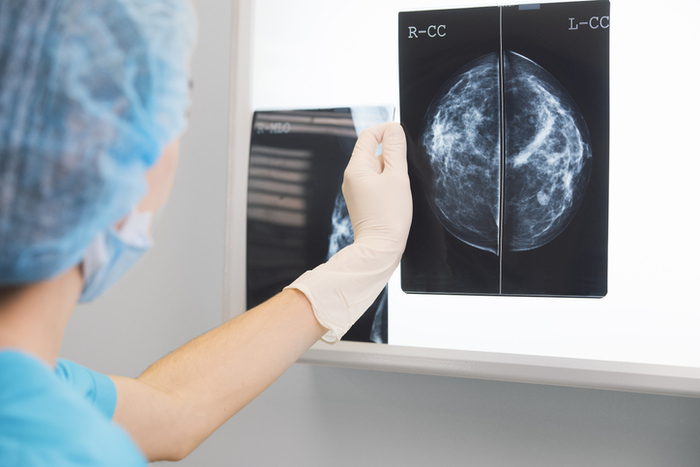On long waits in healthcare “there is a confused and obscure system, in which first visits are mixed up with follow-ups, booking diaries are closed without even giving a reason, unclear relationships are created with private individuals, computer systems communicate, the switchboards do not respond”. The consequence is that, as citizens point out, “you also expect two months for urgent visits or two years for a screening mammogram”. To report it is the Civic Health Report 2023 presented by Cittadinanzattiva to the Ministry of Health.
The report shows that for the first specialist visits in a Class B (short), to be carried out within 10 days, citizens also waited 60 days for the first cardiological, oncological and pulmonary visit. Without a priority code, you get to wait 360 days for an endocrinological visit. As for waiting times for specialist check-ups: a gynecological visit with priority U (urgent), to be carried out within 72 hours, was set 60 days after the request. For a cardiological check-up with priority B (within 10 days) citizens waited 60 days. An endocrinological visit without priority class was set after 455 days, a neurological visit after 360 days.
As for diagnostic services, 150 days were reported for a priority B mammography, i.e. to be carried out within 10 days, and 730 days for one in category P (programmable). The same goes for surgeries, from uterine cancer to hip replacements. Citizens also “complain about malfunctions in access and booking services, for example caused by failure to comply with priority codes, difficulty in contacting the Cup, impossibility to book due to blocked waiting lists”. Finally, almost all of the Regions did not recover the services delayed due to the pandemic, and not all of them used the fund of 500 million allocated ad hoc in 2022: Molise invested only 1.7% of what it had available, Sardinia 26%, Sicily 28%.
The continuous decrease in the number of general practitioners and pediatricians of free choice is also worrying”. General practitioners went from 42,428 in 2019 to 40,250 in 2021, with a decrease of 2,178 and most of them have over 25 years of service. While free-choice pediatricians went from 7,408 in 2019 to 7,022 in 2021, equal to 386 fewer. The consequence, reads the report based on data from Agenas and the State Accounting Office, “is the increase in the relationship between these fundamental professional figures and the number of patients”: each family doctor assisted an average of 1,224 citizens in 2019, but which became 1,237 in 2021. “The problem – Anna Lisa Mandorino, general secretary of Cittadinanzattiva points out to ANSA – is that often the shortages of family doctors are concentrated in some more peripheral areas of the country, which we have defined for this reason as Health Deserts. In in particular, they are lacking, especially in areas with low population density or with disadvantaged, rural and remote geographical conditions. But the problem is also starting to affect large cities”.
He flash mob – Once the Covid emergency is over, Italians find themselves dealing, more than before, with long waiting lists, exhausted emergency rooms, a shortage of doctors, medical deserts. In this context, “recourse to private spending is increasing” and “for many, waiting turns into giving up”. In fact, “all health care is now in a state of emergency”. This was said by citizens from various regions, who gathered in front of the Ministry of Health in Rome to focus attention on the emergencies that emerged from the Civic Report on Health presented by Cittadinanzattiva. “The data, as we explain in our Manifesto and in the petition on Change.org, put us in the urgency of proclaiming a state of health emergency and a permanent mobilization in defense of the National Health Service”, declares Anna Lisa Mandorino, general secretary of Cittadinanzattiva . To “overcome the urgency”, the manifesto calls for 5 conditions of access to the National Health Service to be reaffirmed.
“The first – specifies Mandorino – is the periodic updating of the essential levels of assistance that must be guaranteed and payable throughout the national territory. The second is the elimination of waiting lists, through an investment in human resources and better planning and transparency. Then the implementation of the right to digital healthcare to reduce bureaucracy and access remote services. The fourth point is the guarantee of assistance for chronically ill, rare and non-self-sufficient people, resuming the regulatory process for recognition of caregivers. Finally, involve local communities and professionals in the reform of territorial assistance envisaged by the National Recovery and Resilience Plan”. An appeal in defense of “public health with a reserved prognosis” also comes from the doctors of the Anaao Assomed union, which unites its voice with that of 19 patient associations and Cittadinanzattiva. “Doctors and citizens – explains the secretary Pierino di Siverio – live the same drama on opposite sides of the barricade”.
